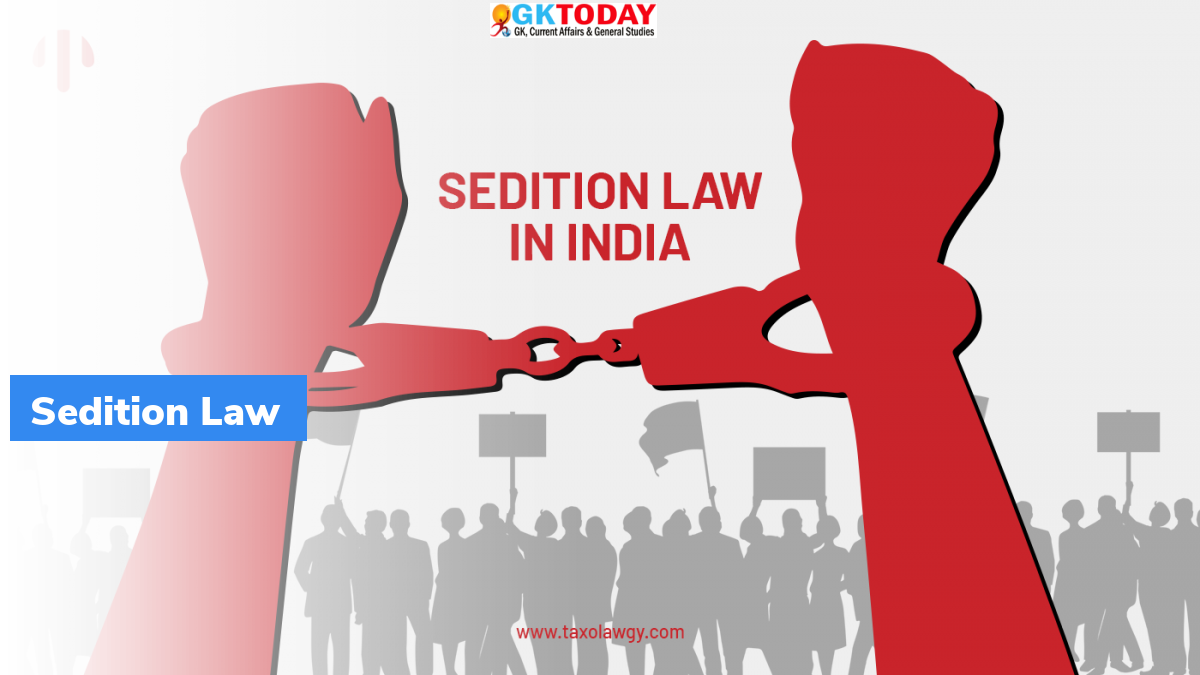Sedition Law: Supreme Court order
The Supreme Court through its order stalled the operation of the sedition law.
What did the Supreme Court say?
- The Supreme Court in its order said that it will not be appropriate to continue the usage of the Sedition law by the governments, till its re-examination is complete.
- The Court said that it expects no new FIRs should be filed for sedition.
- The Court also said that all the cases already pending trial will be kept on hold.
How can an individual get relief if a sedition case is registered by the government?
If any new sedition case is registered, the affected individual can approach the court for relief.
What is the response of the Central government?
The center told the Supreme Court that it will issue a directive to states and Union Territories (UTs) regarding the new application of the sedition law in the wake of the Supreme Court’s order.
Earlier, the Union Home Ministry announced that it will review the sedition law.
What are the concerns?
Often the Supreme Court rulings do not trickle down to the lowest level of governance and continue to be misused. For example, cases are registered under Section 66A of the IT Act, 2000 act even after it is struck down by the Supreme Court in the Shreya Singhal case in 2015.
Also, the burden of deciding the validity of the sedition law is shifted from the Supreme Court to the government. However, the government did not inform who will review the sedition law, whether it is Parliament or a separate committee will be formed.
What is sedition?
Sedition is defined in Section 124A of the Indian Penal Code (IPC). Sedition is showing hatred or disaffection towards the Government.
What is the punishment for sedition?
Under Section 124A of the Indian Penal Code (IPC), an individual can be punished with imprisonment for life and can also be fined.
When was the sedition law introduced in India?
Sedition law is a colonial-era law. Sedition was included as an offense under section 124A Indian Penal Code (IPC) in 1890.
Who are the famous freedom fighters charged under the sedition law?
Mahatma Gandhi, Bal Gangadhar Tilak, Maulana Azad, Annie Besant, Shaukat Ali and Mohammad Ali.
Is the sedition law constitutional?
In Kedar Nath Singh v Union of India, 1962, the Supreme Court upheld the constitutional validity of Section 124A of IPC. However, the Supreme Court held that unless there is incitement of violence, criticism of the government cannot be called sedition.
Month: Current Affairs - May, 2022
Category: Legal & Constitution Current Affairs








